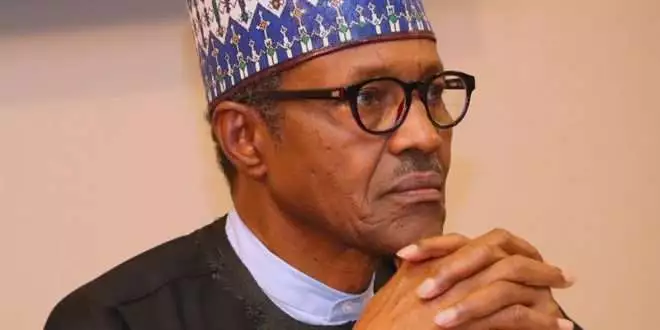No fewer than 80 vessels carrying over 350, 000 tons of petrol arrived Lagos ports yesterday amidst speculations that the federal government may eventually bow to pressure from the international Monetary Fund, IMF and other international development partners to increase petrol pump price.
Their arrival, government sources say, is to re-assure Nigerians that the product is abundantly available, therefore, no need for panic buying.
But the comment of the minister of state for Petroleum Resource, Dr. Ibe Kachikwu that the FG has not taken any definitive position on the matter has fueled speculation that the administration has finally bowed to external pressure on the issue.
Recall that IMF Managing Director, Christine Lagarde, last week at a press conference of the joint annual spring meetings with the World Bank in Washington DC, called on the Federal Government to remove fuel subsidy.
Since then, some marketers have started hoarding the product with the expectation that the government will finally announce the removal of subsidy and that the price will rise.
Billions of dollars have been spent in the last three years on fuel subsidy to make petroleum products available to Nigerians at a controlled price.
But the Buhari administration has denied paying subsidy, rather it claims there’s a special window created by the government-owned Nigerian National Petroleum Corporation, NNPC that allows the oil company to pick the bills of the shortfall between the actual market price and subsidized price of the petrol, also known as PMS.
Last year N3bn was spent daily on petrol subsidy, rising up to over a trillion naira by the President Muhamadu Buhari government to make the product available at government controlled price.
But feelers have emerged recently that the arrangement will soon be dumped, following support from President Buhari’s inner economic council.
The magazine learned that the National Economic Council, NEC chaired by Vice President Yemi Osinbajo has been under serious pressure to jettison the subsidy regime.
This followed mounting pressure from world bodies such as the World Bank, IMF on government to fully deregulate the down-stream petroleum sector, so as to free more funds for other critical sectors of the nation’s economy.
To underscore this fact, Nigeria’s Finance MinisterZainab Shamsuna Ahmed is also known to have thrown its weight behind the position of IMF that subsidy should be removed.
The federal government has, however, denied contemplating any fuel price hike, though there are indications that the price of petrol may be increased from the current N145 to at least N185 per litre in the next few weeks.
The fear of price spike is already having a toll as some marketers of the product have started selling against the control price of N145.
The development has led to scarcity of the products in some parts of the country.
Normalcy has just returned in places like Lagos and Abuja after weekend of vehicular queues at filling stations.
Some car owners told the magazine that the situation will get worse if the government failed to do more to reassure Nigerians that it had no plans to increase the pump price.
Various groups in the country, particularly in the oil sectors have also warned of dire consequences for the economy if the Nigerian authority went ahead with the rumored plan to change the current price regime.
For instance, NUPENG and PENGASSAN have urged the Buhari administration not to bow to pressure to increase the price of petrol in the country.
According to a joint statement issued by the two unions, they warned that the IMF advice to President Buhari to remove subsidy is not only poisonous but that any hike at this time will impoverish more Nigerians and leads to more hardship.
The two unions said the IMF’s advice had created panic in the country, which had led to the hoarding of petroleum products.
“The statement of IMF has created panic in the country with associated hoarding of petroleum products, panic buying, skyrocketed increases in prices of goods and services in the country,” NUPENG and PENGASSAN said in a joint statement.
Despite the warning, the magazine learned that the government is seriously thinking of discarding the current subsidy regime.
What the inner caucus of the president is telling him, the magazine learned from Presidency sources, is that his government can no longer sustain payment of subsidy to marketers.
That the arrangement has led to huge holes in government finances, thereby forcing the regime to borrow funds to take care of other critical sectors.
For instance, not less than N1.3tr will be borrowed this year to fund the 2019 Budget, analysts say.
Much of that will be borrowed from countries like China thus worsening the country’s public debt, according to financial experts.
Recall also that the Buhari administration has come under trenchant criticism for taking huge loans from the Peoples’ Republic of China.
Among those that warned the government from further incurring debt to China is world financial body, IMF.
Meanwhile, the magazine learned that the federal government is now turning to IMF for huge loans to finance critical infrastructure in the country.
The FG has also applied for a one billion loan from the World Bank to finance some power projects in the country.
It was however learned that one critical demand from both IMF and World Bank, is that subsidy on petroleum products must be removed to access such facilities.
Discover more from The Source
Subscribe to get the latest posts sent to your email.








